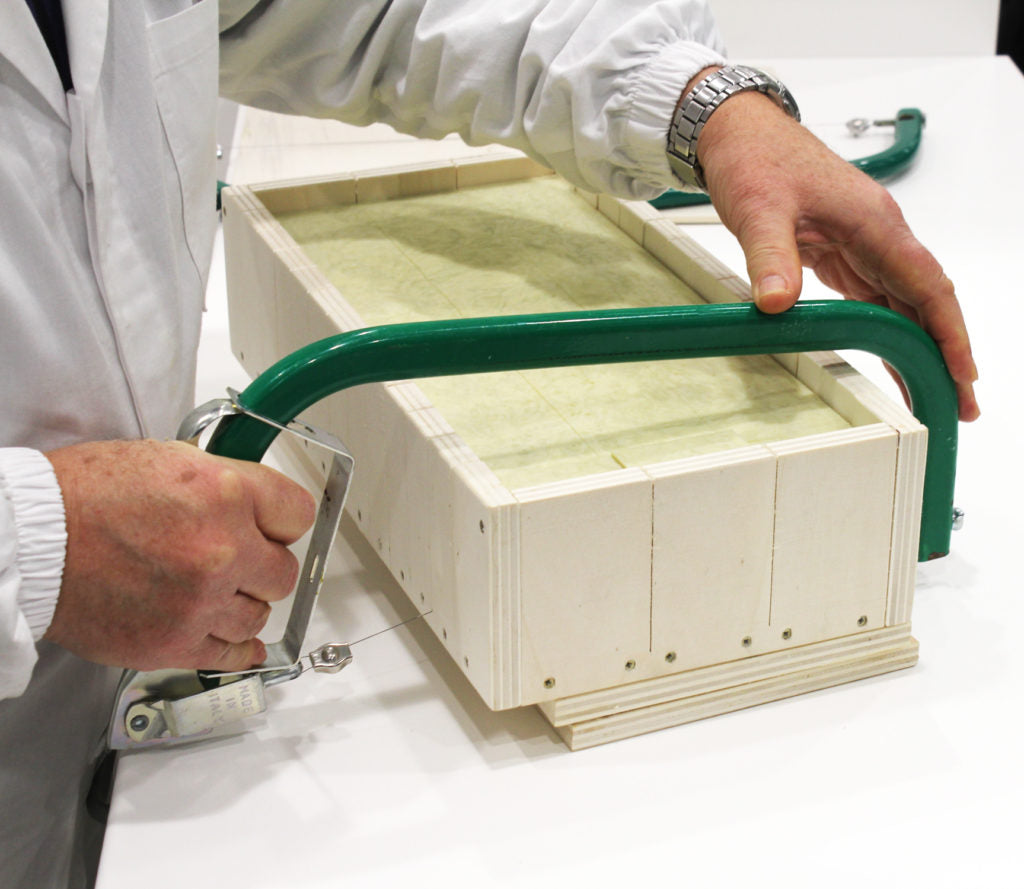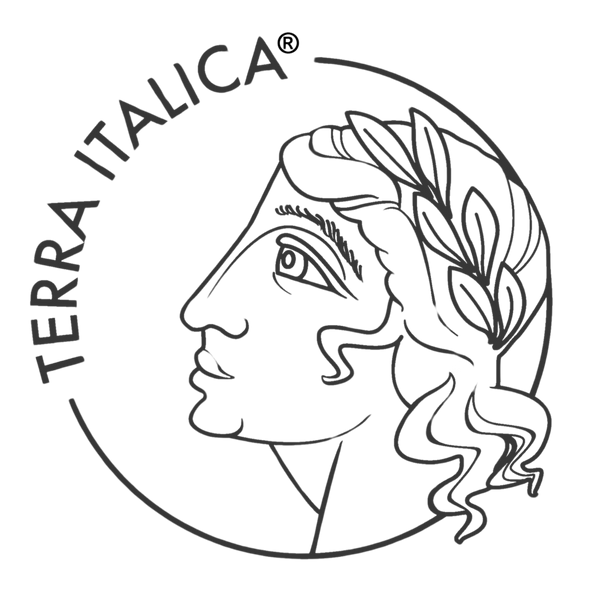
The Production Technique
-
We produce soaps following the ancient tradition of our grandmothers who saponified the animal fats at their disposal in cauldrons, obtaining solid soap and, as a by-product, lye. This ancient technique has been modified and perfected by us based on current scientific knowledge and using more noble and valuable ingredients.
At the base of our soaps, 75% is extra virgin olive oil, monocultivar, very rich in polyphenols.
All our soaps are produced with the artisanal technique called hot dough. The final product, resulting from the saponification of the oils with soda, contains within it all the substances produced by the chemical reaction, including glycerin, the unsaponifiable components and the oleic extracts which we deliberately leave unsaponified.The dough technique can be performed both cold and hot. We have chosen this second method to be able to add, once cooked, fat-soluble substances with strong cosmetic properties: they are not subjected to the aggression of soda during saponification and are transmitted intact onto the skin.
-
Our personal soaps have an excess of oils which can reach 8-9% or more. To avoid their oxidation, we worked on three fronts: reducing the presence of oxygen, making the water in the soap less available and sequestering heavy metals. Nature has provided us with the ingredients to do all this: rosemary oleoresin and phytic acid act as an antioxidant and sequestrant respectively, while sodium chloride lowers the concentration of free water, removing it from oxidative processes.
Our soaps are produced in small batches, cut, dried and packaged by hand: only in this way could we obtain small jewels of cosmetic art. They should be used avoiding water stagnation, which will allow the soap to last longer.



